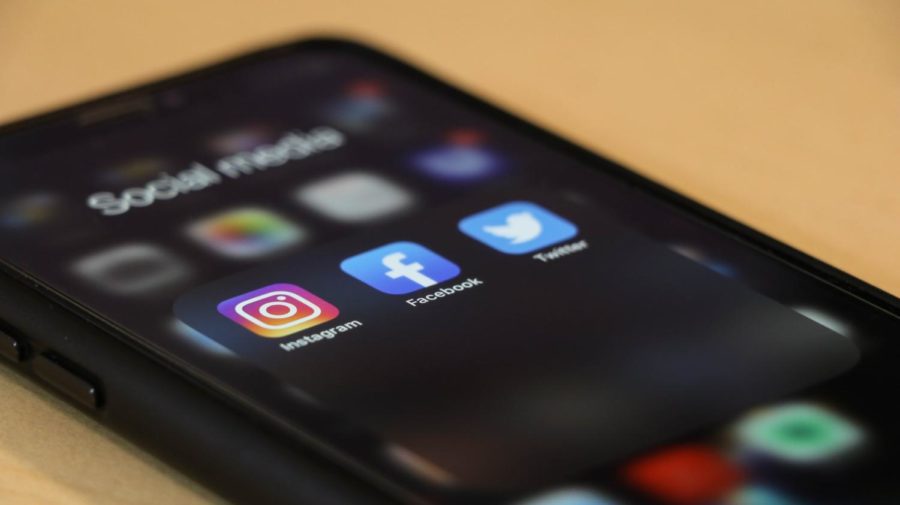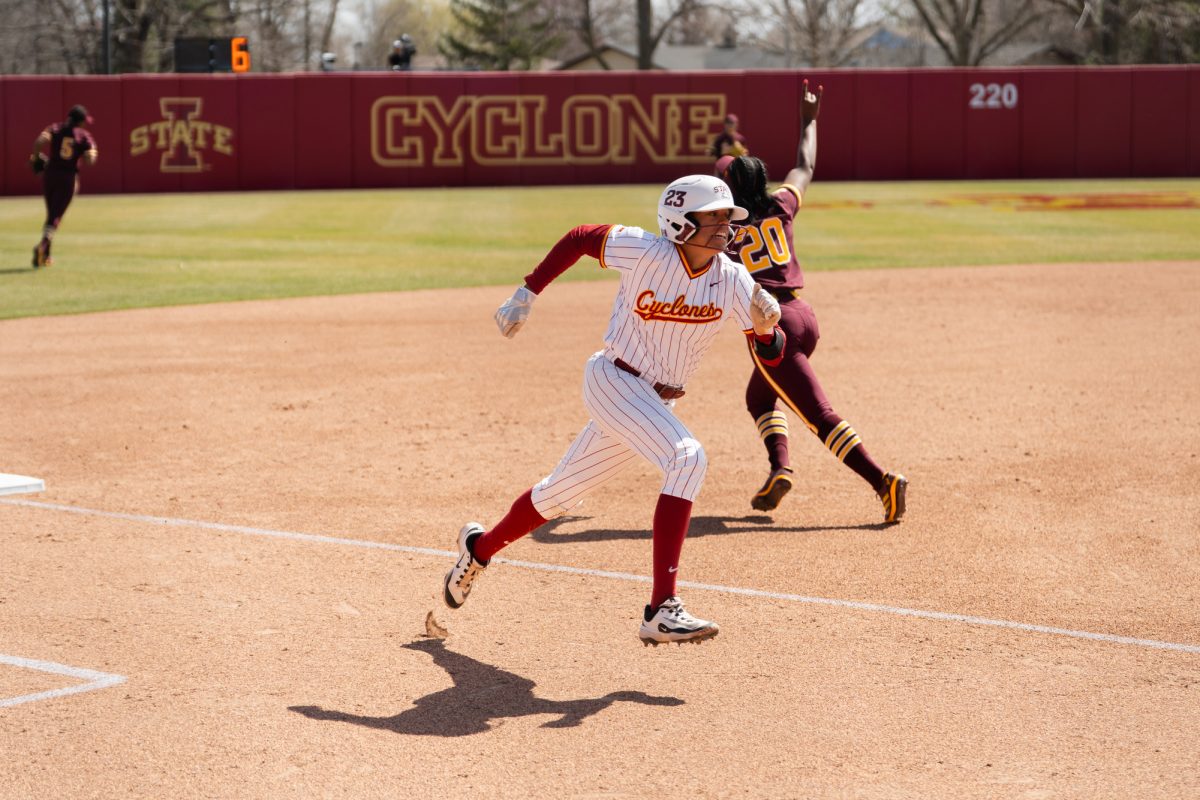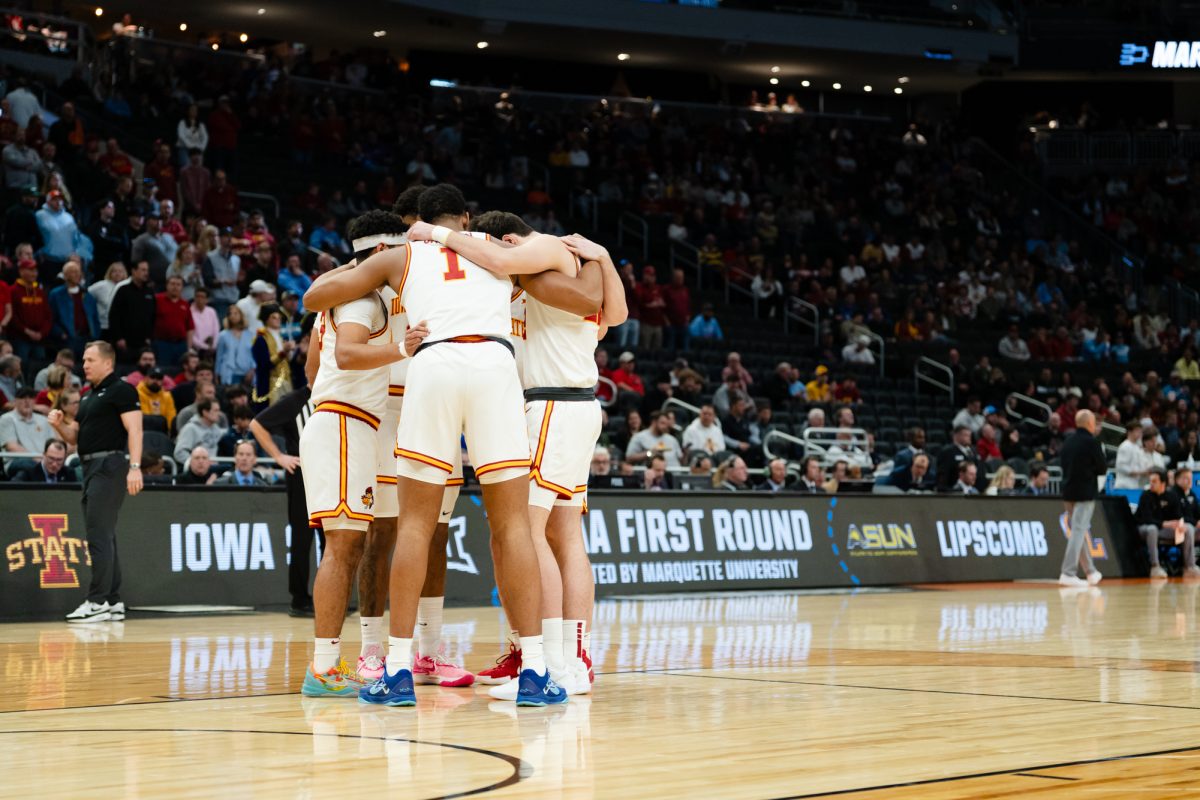Here’s what to do if a public official blocks you on social media
U.S. Rep Cindy Axne says there is too much wealth and economic clout is being collected on the coasts and burgeoning tech-boom cities.
May 22, 2022
By Katherine Kealey, Iowa Capital Dispatch kkealey@iowacapitaldispatch.com
What should you do if a public official blocks you on social media? The American Civil Liberties Union (ACLU) has created new tools to help people recognize censorship by public officials and take steps to address it.
Censorship by public officials “has been a point of concern in that we have heard of government officials across the country inappropriately blocking people,” said Veronica Fowler, the communications director for the ACLU of Iowa. “As we explain in the materials, that is not constitutional.”
The ACLU offers a step-by-step guide and flowchart to help determine whether someone’s constitutional rights have been violated. The ACLU also provides a sample letter for those who have been censored to send to their public official and a list of frequently asked questions relating to censorship.
Public officials increasingly use Facebook, Twitter, Zoom and other social media platforms to share information relating to government business. These functions make their page subject to First Amendment protections, meaning they cannot block accounts or delete comments just because they disagree.
“Different forums get different levels of protection,” said Shefali Aurora, a staff attorney for the ACLU of Iowa. “When a government official is using this sort of a public platform to communicate with constituents or in their official government role, it is considered to be a public forum, and in a public forum, the First Amendment protections would apply.”
Public officials on both sides of the aisle have attempted to block critics. In 2017, a lawsuit was filed in federal court against former President Donald Trump after he blocked accounts for posting comments in opposition toward his administration.
The court determined Trump’s Twitter account served as a public forum under the First Amendment and was therefore unable to exclude comments based on viewpoint. Shortly after the ruling, Rep. Alexandria Ocasio-Cortez, D-NY., faced two lawsuits after blocking critics from her Twitter account.
What is a government account on social media?
When determining whether or not a page is a government account, Aurora said it comes down to the primary use of a social media page.
Common characteristics of a social media account conducting government business often include email addresses as well as links and addresses to the public official’s office. Also, public accounts often display government symbols, information about government functions and have the office holder’s official title on the account.
“It really depends on how they primarily use it because they can still post things about their family on a government account,” Aurora said. “If they are primarily using it to conduct government business, engage with constituents, to update constituents and interact with them; then that would lean more towards a public forum official government account.”
Just because a public official has a social media account does not automatically qualify it as a public account. Public officials are still entitled to privacy rights, creating some gray areas. If a public official uses an account primarily for personal purposes such as photos of family or personal interest, First Amendment protections do not apply to those who are blocked from viewing or commenting on the site. Aurora said the ACLU of Iowa is not aware of any censorship cases.
Government officials are able to block narrowly defined forms of speech such as true and immediate threats, incitement of imminent lawless action or obscene material. Additionally, Aurora said public officials could have a content-neutral and viewpoint-neutral policy for their social media pages.
Campaign accounts may evolve into government accounts
There is a difference between campaign accounts and official government accounts. While running a campaign, the candidate is not an official government actor, allowing campaign accounts to limit followers.
“Sometimes it could be that a page was created and then evolve to an official government page if the person is elected,” Aurora said. “It could change.”
As of 2020, 99% of U.S. senators and 98% of U.S. representatives posted on Twitter, while 100% of members of Congress utilized Facebook, according to Statista.
“Nowadays social media has become such a crucial way for constituents to communicate with their elected officials,” Aurora said. “More than ever, elected officials and government agencies also are using social media to communicate with their constituents and the public, so it is extremely important that folks know that their rights are protected on social media.”







